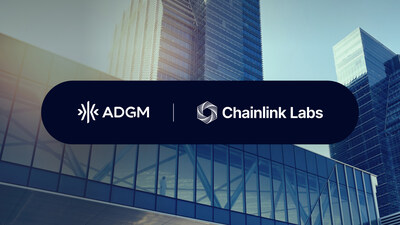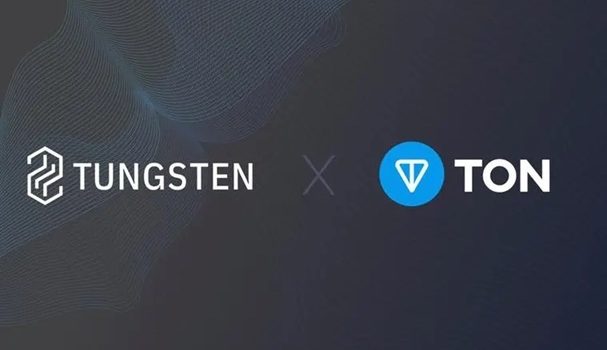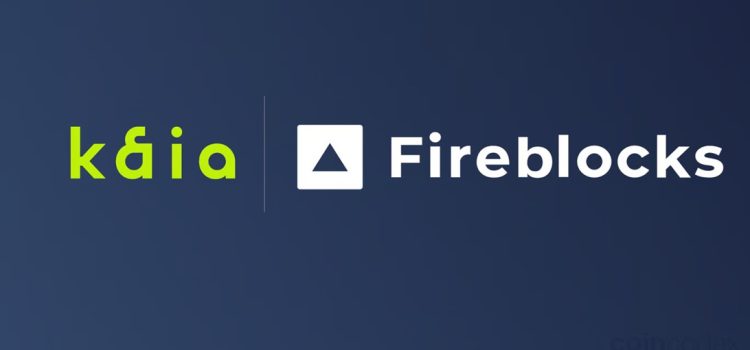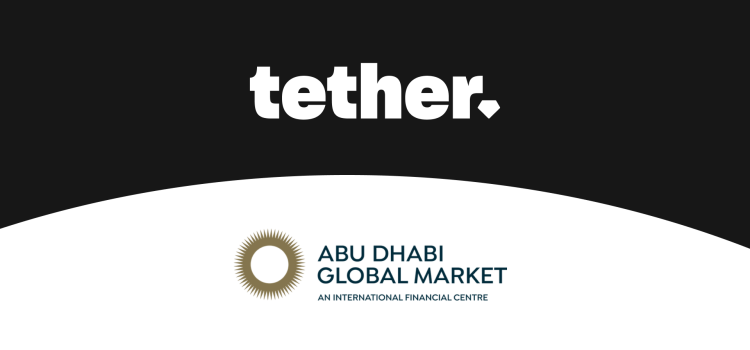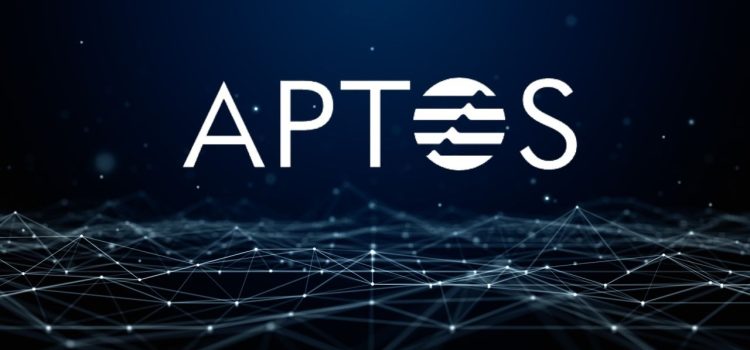
UAE ADGM, the leading International Financial Centre (IFC) of the UAE’s capital, has signed a Memorandum of Understanding (MoU) with Chainlink, the standard for onchain finance, to help advance tokenization frameworks by supporting innovative projects under ADGM’s Registration Authority. Leveraging Chainlink’s technical expertise, industry insights, and a suite of advanced services the entities will maximize the utility of tokenized assets while ensuring regulatory compliance.
Chainlink’s market-leading services, including blockchain interoperability and verifiable data solutions, are facilitating liquidity across global markets, enabling over $19 trillion in transaction value.
Hamad Sayah Al Mazrouei, CEO of ADGM Registration Authority said, “This strategic alliance is a significant step in further solidifying ADGM’s leadership in enabling blockchain innovation and enhancing alignment in the regulatory approach globally. By collaborating with Chainlink, we are aiming to set a global benchmark that spearheads transparency, security, and trust across the blockchain space.
Under the MoU, ADGM and Chainlink will foster a dialogue on regulatory matters in blockchain, AI, and other emerging technologies. The agreement also outlines a series of events and workshops aimed at educating the UAE ecosystem on key topics related to blockchain and AI, such as tokenization, cross-chain interoperability, proof of reserves, and emerging blockchain standards.
Angie Walker, Global Head of Banking and Capital Markets at Chainlink Labs and Senior Executive Officer at Chainlink Labs Abu Dhabi said, “ADGM has developed a robust environment where tokenisation projects can thrive. Our alliance will elevate the blockchain ecosystem in the UAE, driving greater innovation and adoption. We are excited to see projects under the purview of ADGM Registration Authority adopt the Chainlink standard, enabling seamless compliance, enhanced connectivity across markets, and highly secure on-chain services.
Chainlink has been active in the MENA region. In February 2025 Saudi based Oumla, a Layer 1 blockchain platform that allows applications to be built on any blockchain with ease, as well as offers a secure vault infrastructure for storing digital assets announced its partnership with Chainlink.
Major financial market infrastructures and institutions, such as Swift, Fidelity International, and ANZ Bank, as well as top DeFi protocols including Aave, GMX, and Lido, use Chainlink to power next-generation applications for banking, asset management, and other major sectors.
In December 2024, Chainlink Labs, expanded its presence in the Middle East and North Africa (MENA) region, and set up an office and an entity in Abu Dhabi under the Registration Authority of ADGM.








